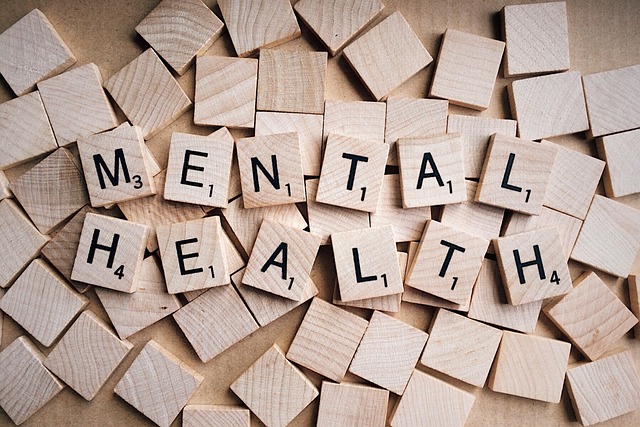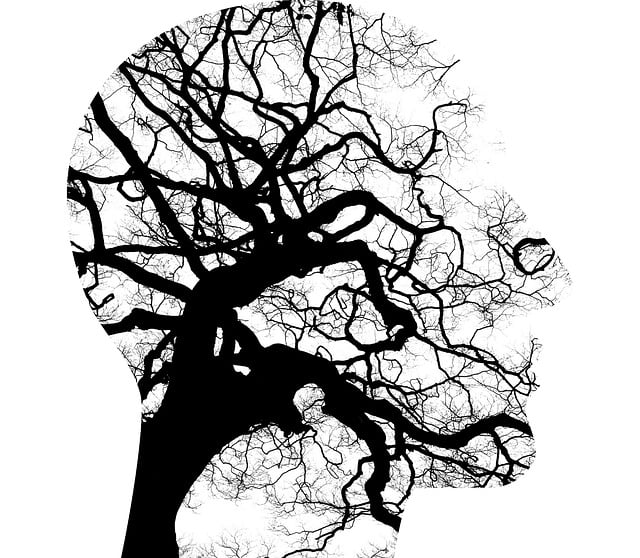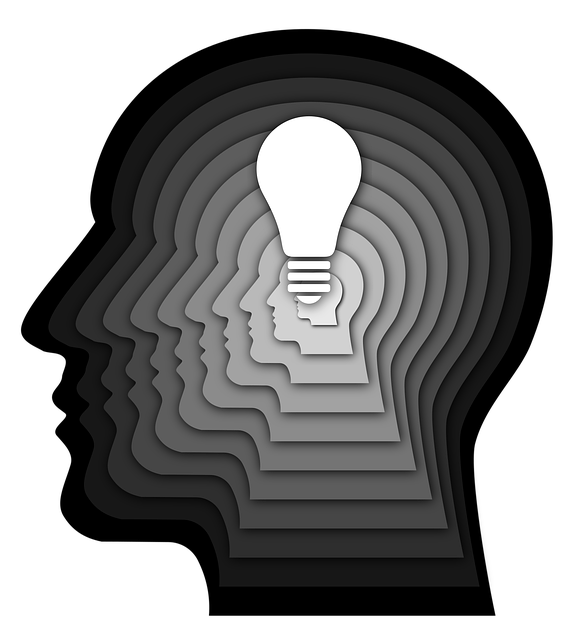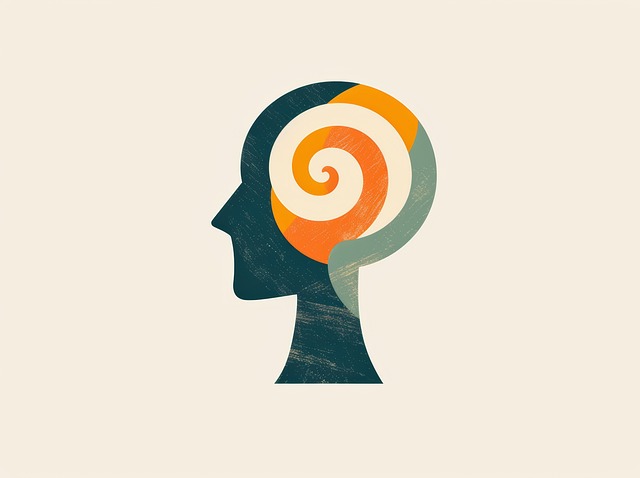Cultural competency in healthcare is vital for effective treatment of older adults with adjustment disorders, stemming from diverse backgrounds. Community outreach programs and mental health policy advocacy ensure services meet tailored cultural needs. Biases and stereotypes impact elderly patient care, leading to ageism and discrimination. Training programs focused on mindfulness and education promote understanding and improve therapy outcomes. Immersive training involving role-playing and community engagement equips providers with adaptive communication strategies. Regular evaluation measures program effectiveness, showing improved coping skills and quality of life for participants. These initiatives enhance patient engagement, reduce readmissions, and foster inclusive healthcare environments tailored to diverse populations, especially those suffering from Therapy for Elders Adjustment Disorder.
Cultural competency training is an essential pillar in modern healthcare, fostering effective patient care. This article explores the critical role of cultural awareness in treating the elderly, addressing biases and stereotypes that can hinder progress. We delve into the impact on therapy for elders’ adjustment disorders, where cultural barriers often go unnoticed. Through comprehensive programs and measured effectiveness, we aim to revolutionize healthcare by enhancing outcomes and improving services tailored to diverse communities. Understanding and implementing these strategies are key to navigating the complex landscape of elderly care.
- Understanding Cultural Competency in Healthcare: A Foundation for Effective Care
- The Impact of Cultural Biases and Stereotypes on Elderly Patients' Treatment
- Therapy for Elders Adjustment Disorder: Addressing Cultural Barriers to Treatment
- Designing and Implementing Comprehensive Cultural Competency Training Programs
- Measuring the Effectiveness of Cultural Competency Training in Improving Healthcare Outcomes
Understanding Cultural Competency in Healthcare: A Foundation for Effective Care

Cultural competency in healthcare is a fundamental aspect that ensures providers offer effective and respectful care to patients from diverse backgrounds. It involves understanding and appreciating cultural differences, beliefs, and values, which can significantly impact an individual’s health and wellness. In the context of serving older adults, who may be dealing with adjustment disorders, this knowledge becomes even more critical. Therapy for Elders Adjustment Disorder often requires a nuanced approach that considers cultural factors to address their unique needs.
Community outreach programs and effective communication strategies play a pivotal role in promoting cultural competency. By engaging with diverse communities, healthcare providers can learn about specific cultural practices and challenges, leading to improved patient outcomes. Additionally, mental health policy analysis and advocacy ensure that services are tailored to meet the cultural requirements of various populations, including older adults struggling with adjustment disorders. These initiatives collectively contribute to creating a more inclusive healthcare system.
The Impact of Cultural Biases and Stereotypes on Elderly Patients' Treatment

Cultural biases and stereotypes can significantly impact the treatment and care experienced by elderly patients in healthcare settings. Healthcare providers, often unconsciously, bring their own cultural lenses and preconceived notions into the patient-caregiver relationship. These biases may result in misperceptions about an elder’s symptoms, preferences, or abilities. For instance, stereotyping older adults as frail or cognitively impaired can lead to a lack of consideration for their autonomy and decision-making capabilities. Consequently, elders might feel disempowered and experience reduced quality of life.
When healthcare providers are not culturally competent, they may inadvertently perpetuate ageism and cultural discrimination. This can manifest in various ways, including biased interpretations of medical signs or symptoms, inadequate communication, and a failure to respect an elder’s cultural practices and beliefs. As such, elderly patients from diverse cultural backgrounds might face challenges in receiving tailored therapy for conditions like Adjustment Disorder, where cultural sensitivity is paramount. Mindfulness Meditation and Mental Health Education Programs Design can be integral parts of the Healthcare Provider Cultural Competency Training to address these issues, fostering an environment where elders feel understood and valued.
Therapy for Elders Adjustment Disorder: Addressing Cultural Barriers to Treatment

The elderly population, facing unique challenges, often struggles with adjustment disorders, requiring tailored therapy approaches. However, cultural barriers can significantly impact their access and engagement in mental healthcare services. Professionals must be adept at addressing these obstacles to provide effective treatment for Therapy for Elders Adjustment Disorder. Understanding cultural nuances is essential in fostering trust and encouraging open communication.
Cultural sensitivity in mental healthcare practice plays a pivotal role in breaking down these barriers. Compassion cultivation practices can help caregivers create safe, non-judgmental spaces, ensuring the elderly feel heard and respected. By incorporating strategies that acknowledge and value diverse beliefs and customs, mental health professionals can enhance Depression Prevention efforts and improve overall treatment outcomes for this vulnerable group.
Designing and Implementing Comprehensive Cultural Competency Training Programs

Effective cultural competency training programs are designed to immerse healthcare providers in diverse communities and facilitate meaningful interactions. These initiatives go beyond surface-level awareness by encouraging empathy, critical thinking, and adaptive communication strategies. By exposing professionals to various cultural contexts, including those relevant to elder adjustment disorders like therapy for elders with anxiety or depression, trainers can foster a deeper understanding of unmet needs within these populations. Incorporating role-playing scenarios, inter-professional team exercises, and community engagement ensures that learning is applied and relevant.
Implementing such programs requires organizational commitment and structured planning. Stress management workshops and burnout prevention strategies are integral components, as healthcare providers must be equipped to manage their own well-being while navigating cultural complexities. Additionally, self-esteem improvement techniques can enhance provider confidence in delivering culturally sensitive care. Regular evaluation and feedback mechanisms should be in place to assess the program’s effectiveness and make necessary adjustments, ensuring continuous improvement in organizational cultural competency.
Measuring the Effectiveness of Cultural Competency Training in Improving Healthcare Outcomes

Measuring the effectiveness of cultural competency training is a critical step in understanding its impact on healthcare outcomes. By evaluating programs, we can assess whether these initiatives are fostering positive changes for diverse patient populations. One key metric to track is the improvement in coping skills development among participants. Training that encourages empathy building strategies and stress reduction methods can significantly enhance patient satisfaction and clinical outcomes, especially for elderly individuals with adjustment disorders.
For instance, research suggests that culturally sensitive therapy sessions geared towards seniors experiencing mental health challenges, such as adjustment disorder, lead to better management of symptoms and improved quality of life. Effective training programs should equip healthcare providers with the necessary tools to create inclusive environments, adapt communication styles, and deliver tailored care, ultimately resulting in better patient engagement and outcomes, including reduced readmission rates and higher levels of patient retention.
Cultural competency training is a pivotal tool in enhancing healthcare outcomes, especially when addressing the unique needs of elderly patients. As highlighted in this article, understanding cultural biases and their impact on treatment is essential. By implementing comprehensive programs that delve into these issues, healthcare providers can effectively navigate the complex landscape of diverse patient populations. The success of such initiatives, as evidenced by improved care for elders suffering from adjustment disorders, underscores the significance of cultural competency training in today’s digital era. This approach not only fosters better relationships between patients and caregivers but also revolutionizes healthcare delivery, ensuring it is inclusive and tailored to individual needs.








